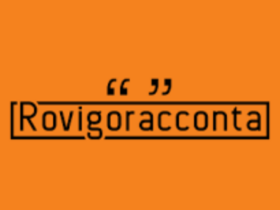Waiting for the second part of Chainsaw Man, Tatsuki Fujimoto surprises us with an original one-shot of 140 pages, entitled Look Back. A moving story about the meaning of drawing manga
This week’s issue of Weekly Shonen Jump contains a real gem, signed Tatsuki Fujimoto.
The author, after his debut with Fire Punch, has achieved popularity with Chainsaw Man, a one-of-a-kind hit, and whose anime trailer has already generated considerable hype. To the point that Fujimoto had to circumvent his own intentions of finishing the work in a short time, putting himself to work for a second part instead.
And it is precisely in the space between the two parts of Chainsaw Man that Fujimoto proposes to us Look Back, a stand alone one-shot of 140 pages. A simple work, with few dialogues, in full style of the author. Yet, the story of these two girls who have nothing but drawing in life is enough to excite. As always, you can read it for free on MangaPlus.

The bittersweet story of Look Back
The protagonist is Fujino, an elementary school girl who enjoys great popularity thanks to the four-cartoon strips she draws for the school newspaper. It’s just a pastime for her, and she thinks spending her entire life at a drawing board would be terrible.
The situation changes when Kyomoto, a schoolmate who lives from ikkikomori, in turn, begins to submit her own strips. She is much better than Fujino, and it hurts her ego, so she ends up engaging in drawing, giving up everything else. When the two girls meet, a destiny begins to unfold for them that has so many things in store, some wonderful, others terrible. Can a comic, which with its permanence crosses time, change this destiny?
Loock Back is a work that shouts “Tatsuki Fujimoto” from all sides, despite being free from the Shonen violence typical of his works. There is a suspected self-reference in the one-shot, starting with the names of the protagonists (Fujino + Kyomoto = Fujimoto?).
Most of all, the message of the work is typical of the author, raw and realistic, but not cynical. Drawing is not fun, it is tiring, and it is a huge renunciation of life; but it’s worth doing, because the message of what you create can change someone’s life, and literally save it.
This simple but immense title definitively consecrates Fujimoto as a great sensei, whose work will certainly be central in the world of manga in the years to come.















Leave a Reply
View Comments